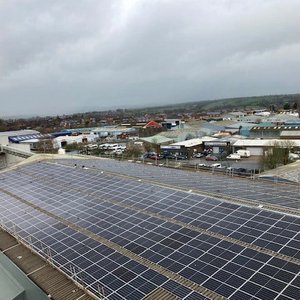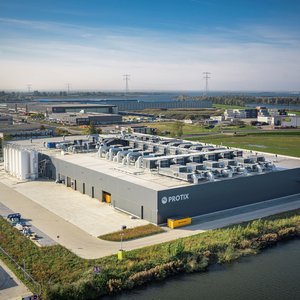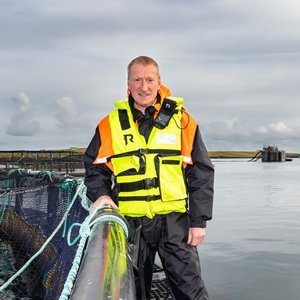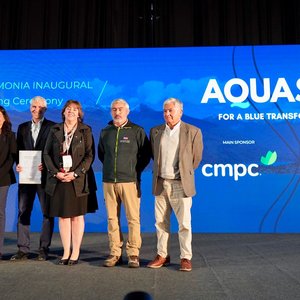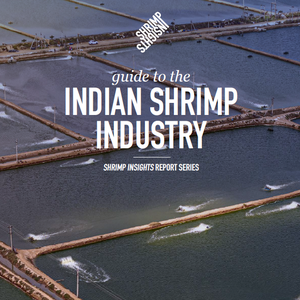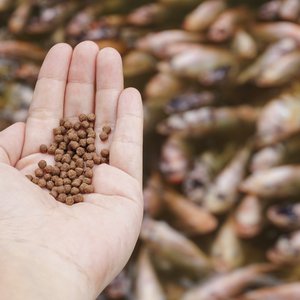Early this year, Government acquired a US$50 million loan from the African Development Bank to boost the fish industry in Zambia. As a result of this, the aquaculture development project, which will mark the start of empowerment programs for fish farmers across the country, is in the offing.
President Lungu said Zambia has a deficit of 85,000 metric tonnes of fish, hence the need to ensure that fish entrepreneurs are adequately supported for them to contribute to the country’s gross domestic product (GDP).
The government has already started building the capacity of the aquaculture sector in all the 10 provinces. The Department of Fisheries has two broad programmes under which different activities are funded namely, aquaculture management and development and capture fisheries management.
The main function of the aquaculture research unit is to develop new and improved techniques suitable for the country in aquaculture. As the industry grows, many challenges may arise and it is anticipated that research would help design and develop appropriate packages, in response to the challenges. The Aquaculture Research unit is also mandated to initiate trials on government farms and private farms for the benefit of the sector.
The department owns the National Aquaculture Research and Development Centre (NARDC) in Kitwe. This is the national facility for studies in propagation of fish fingerlings, investigations in feed formulations and studies in pond limnology. There are several research programmes being run, one of them being the improvement of oreochromis andersonii in Zambia and the lemon project or utilisation of lemon in fish feed.
Other research work focuses on fish nutrition and in this view, the centre has formulated a cost-effective fish feed. The research facility has seven satellite centres where research is conducted at places such as Misamfu in Kasama where studies in fish nutrition, genetics and breeding farming systems are done.
Source: Zambia Daily Mail Limited // Original Article



